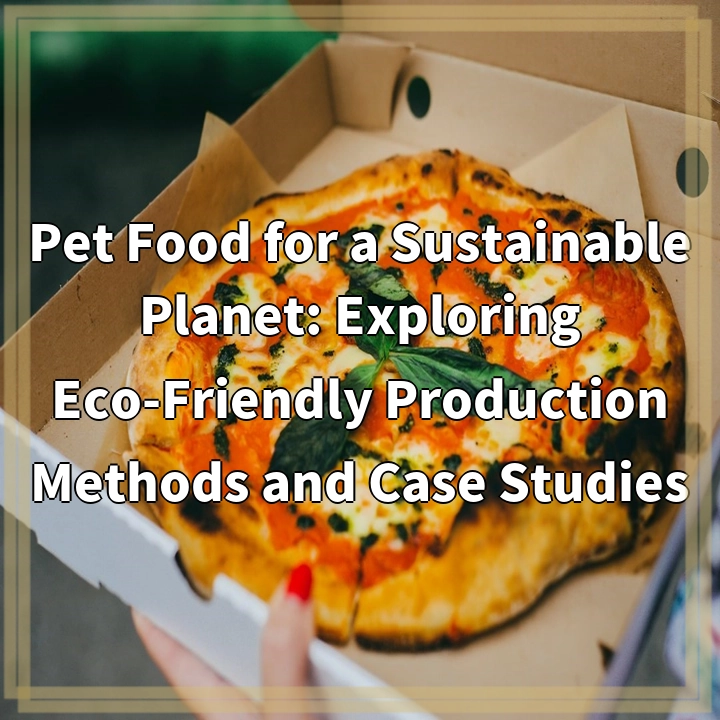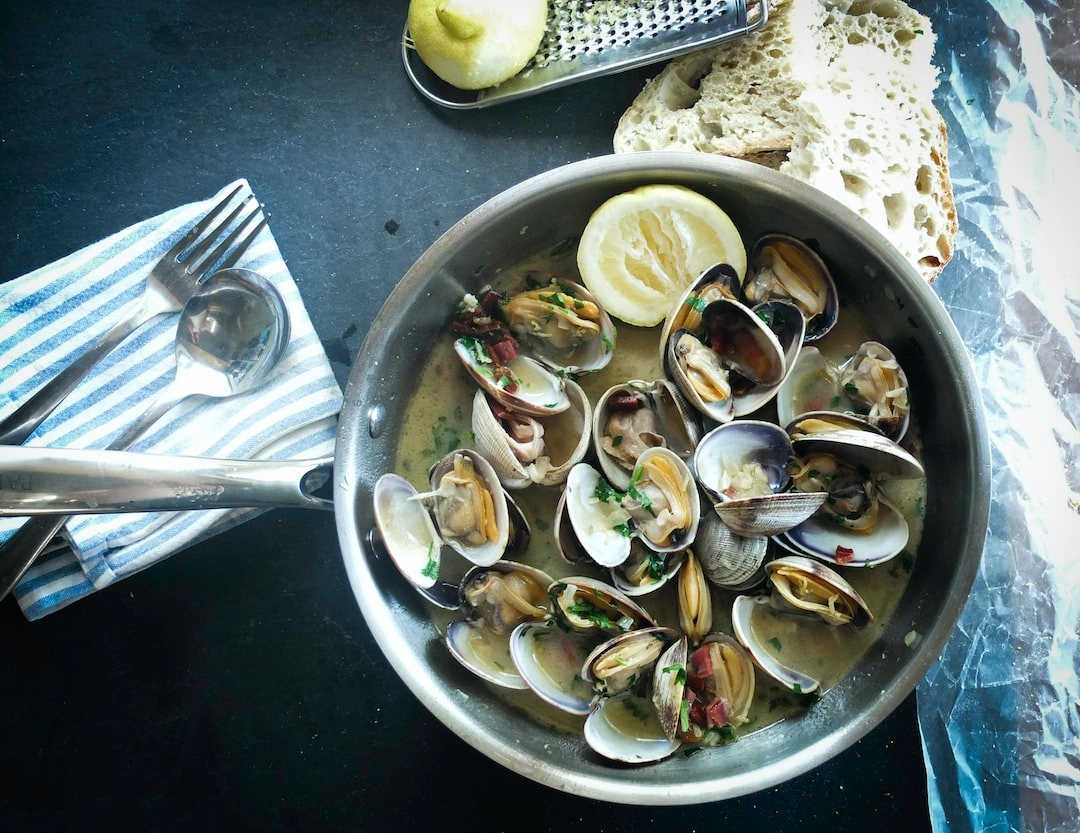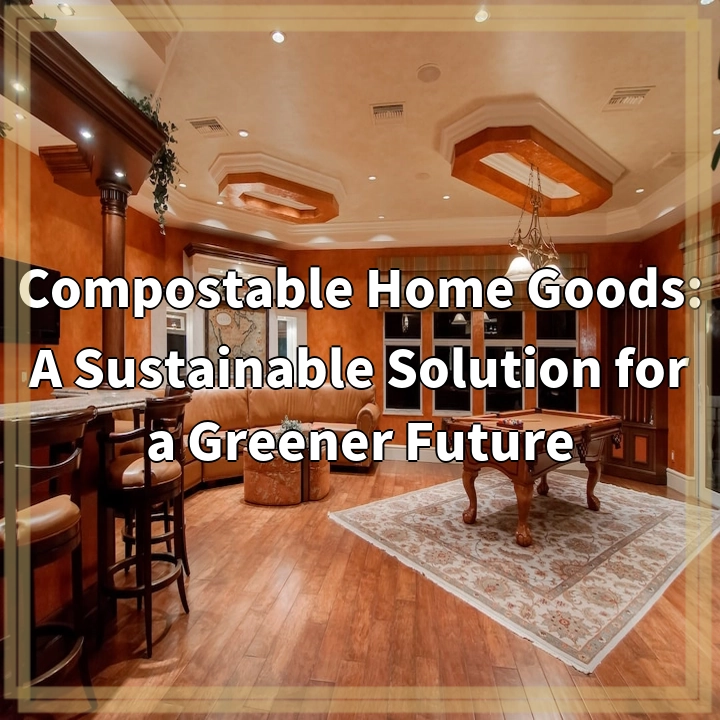
What is “Pet Food for a Sustainable Planet: Exploring Eco-Friendly Production Methods and Case Studies”
Pet food for a sustainable planet refers to the production and manufacturing of pet food using eco-friendly methods that minimize environmental impact. This approach involves utilizing sustainable ingredients, reducing carbon emissions, promoting ethical sourcing, and implementing eco-friendly packaging and distribution practices.
Real-World Problems Associated with Pet Food Production
Pet food production, like any other industry, faces various challenges and issues that have significant environmental repercussions. Some of the key problems include:
1. Ingredient Sourcing
Many conventional pet foods rely on ingredients that are environmentally damaging to produce. For example, the widespread use of meat by-products from factory farming contributes to deforestation, water pollution, and greenhouse gas emissions. Likewise, the sourcing of seafood for fish-based pet food contributes to overfishing, threatening ocean ecosystems.
2. Packaging Waste
Traditional pet food packaging is often single-use and made from non-recyclable materials. This leads to excessive amounts of waste that end up in landfills or as litter in natural environments. The production of such packaging also often involves the use of fossil fuels, further exacerbating carbon emissions.
3. Carbon Footprint
The pet food industry, in its entirety, has a significant carbon footprint. This includes not only the production of pet food but also the transportation and distribution processes. The emission of greenhouse gases during these stages contributes to climate change and its associated impacts, such as global warming, habitat destruction, and extreme weather events.
4. Loss of Biodiversity
The industrial production of pet food can lead to the destruction of natural habitats and the loss of biodiversity. This is often caused by intensive agriculture for ingredient production, where vast areas of land are cleared, resulting in the displacement and extinction of numerous plant and animal species.
5. Animal Welfare Concerns
Conventional pet food production can involve unethical practices, such as factory farming and animal testing. These practices raise significant animal welfare concerns, as animals may be subjected to inhumane living conditions and undergo painful experiments in the process of developing and producing pet food.
By addressing these real-world problems associated with pet food production and promoting eco-friendly alternatives, we can work towards a more sustainable future for our pets and the planet.

Solutions for Sustainable Pet Food Production
Addressing the real-world problems associated with pet food production requires the implementation of sustainable solutions. Here are some key approaches:
1. Sustainable Ingredient Sourcing
Emphasize the use of sustainably sourced ingredients for pet food production. This includes opting for organic, locally sourced, and responsibly farmed ingredients. Promote plant-based and alternative protein sources to reduce the reliance on resource-intensive meat by-products.
2. Eco-Friendly Packaging
Invest in eco-friendly packaging options, such as biodegradable or recyclable materials. Reduce the use of single-use packaging and explore innovative solutions like compostable packaging. Encourage customers to properly recycle or dispose of the packaging to minimize waste.
3. Carbon Footprint Reduction
Implement measures to reduce carbon emissions throughout the pet food production process. This can include optimizing transportation routes, improving energy efficiency in manufacturing facilities, and using renewable energy sources. Calculate and offset the carbon footprint through initiatives like reforestation or investing in renewable energy projects.
4. Conservation of Biodiversity
Support sustainable agricultural practices that prioritize the preservation of biodiversity. This involves promoting regenerative farming techniques, agroforestry, and organic farming methods that minimize habitat destruction. Encourage suppliers to adhere to responsible sourcing practices that prioritize the protection of ecosystems and wildlife.
5. Ethical Production Practices
Advocate for transparency and ethical standards in pet food production. Support brands that prioritize animal welfare, avoid animal testing, and provide humane living conditions for livestock. Look for certifications like “cruelty-free” or “ethical sourcing” to ensure ethical practices throughout the supply chain.
By implementing these sustainable solutions, the pet food industry can significantly reduce its environmental impact while ensuring the well-being of pets and the preservation of our planet.















